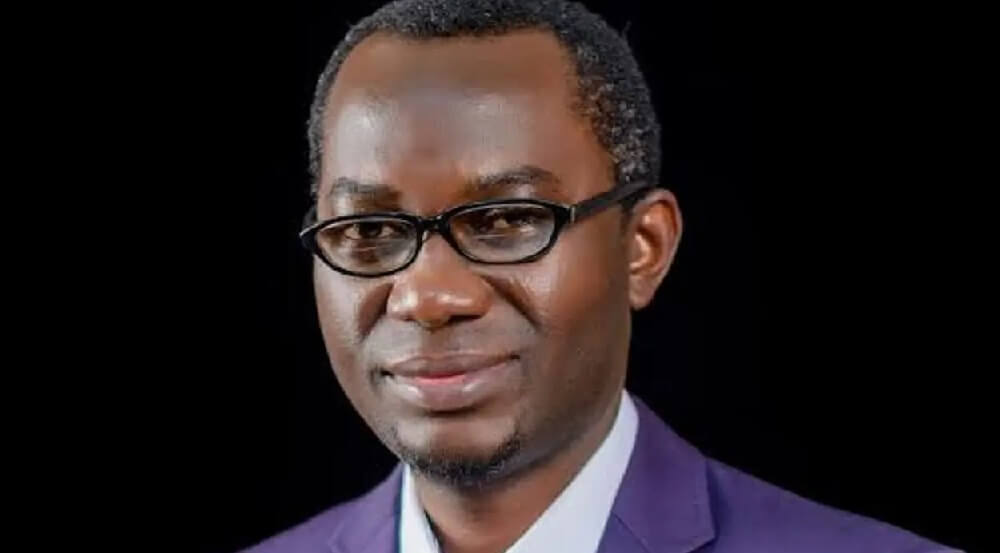Brain Drain: Nigeria Needs 250,000 Doctors To Meet WHO Standard — World Medical Chair Enabulele
The President of the World Medical Association, Osahon Enabulele, has highlighted the pressing need for Nigeria to address its severe shortage of medical doctors to meet the World Health Organisation (WHO) doctor-to-patient ratio in the country.
During a public lecture in Benin organised by the Federated Chapel of the Edo Council of the Nigeria Union of Journalists, he disclosed that Nigeria currently has fewer than 100,000 doctors, a far cry from the World Health Organization’s recommended doctor-to-patient ratio.
Advertisement
According to Enabulele, the international standard prescribes that one doctor should be available for every 600 patients, but in Nigeria, this ratio stands at more than 3,000 patients per doctor.
“Going by the international standard, a doctor should be assigned to less than 600 patients but in Nigeria’s case, a doctor attends to over 3,000. So Nigeria needs over 250,000 doctors to cope with the current reality.
“There are less than 100,000 registered doctors in Nigeria. Let’s say it is 98,000 doctors according to the last update. Out of this 98,000, only 50,000 are actually practising in Nigeria,” he noted.
To bridge this substantial gap and improve healthcare, Enabulele said Nigeria would require over 250,000 additional doctors.
Advertisement
He emphasised the necessity of political commitment from Nigeria’s leadership to fulfil the Abuja declaration, which calls for allocating 15 per cent of the budget to healthcare provision.
He criticised the practice of political leaders seeking medical care abroad, even for routine procedures that could be readily performed in Nigeria.
He identified various challenges facing Nigeria’s healthcare system, including insufficient funding, inadequate infrastructure, unemployment, poor working conditions, low salaries, and a significant brain drain as”
“senior doctors and consultants are moving out of Nigeria in droves because of greater remuneration elsewhere.”
In light of these issues, he called for enhanced political commitment and improved working conditions to deter medical tourism.
He advocated for the establishment of a Health Service Commission to oversee the health system, drive medical manpower, and training, obtain the greatest human resources, and develop improved healthcare strategies.



